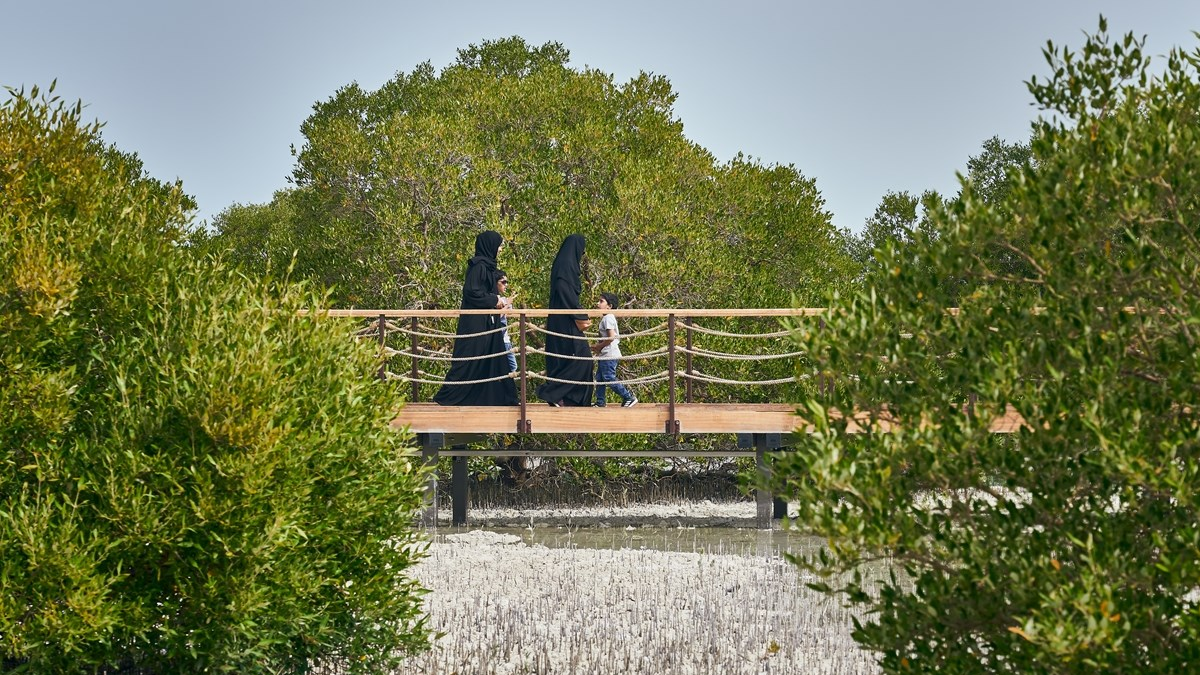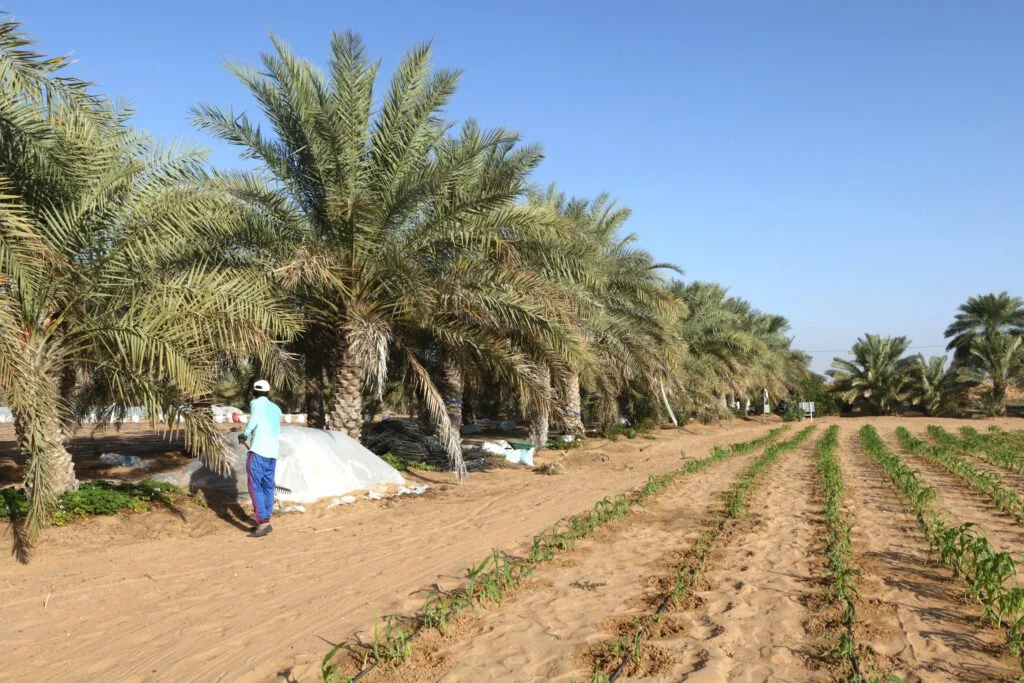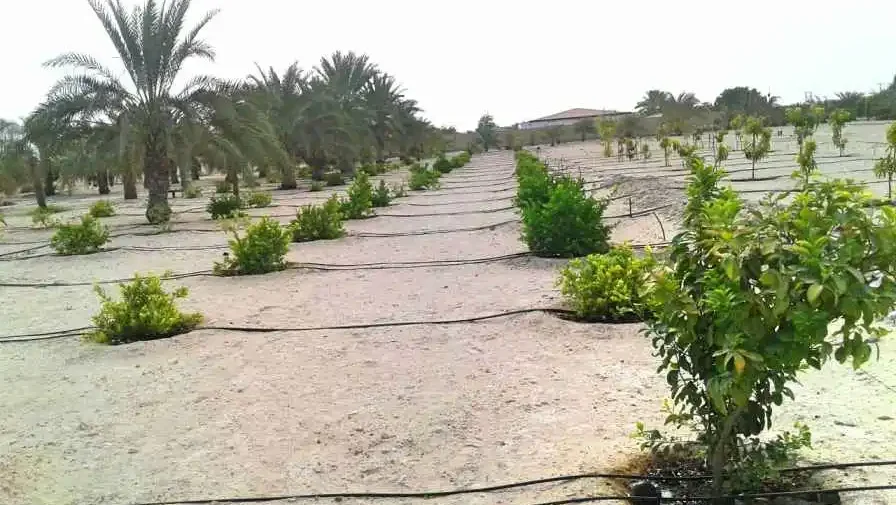
The United Arab Emirates (UAE) is known for its futuristic cities, skyscrapers, and smart technology. But now, it’s also making headlines in agriculture. In a country where water is more precious than oil, smart irrigation is becoming a game-changer for farmers and environmentalists alike. This high-tech approach to farming helps save water, increase crop yields, and support the nation’s vision for sustainability.

Smart irrigation uses advanced technologies such as sensors, weather data, and artificial intelligence to water plants in the most efficient way possible. Instead of relying on traditional methods like flood or manual irrigation, smart systems provide just the right amount of water at the right time.
These systems take into account:
This data is analyzed in real-time to automate watering, saving both water and energy.
Water scarcity is one of the biggest challenges in the UAE. The country receives very little rainfall, and most of its water comes from energy-intensive desalination plants. Agriculture uses nearly 70% of this water supply.
According to the UAE Ministry of Climate Change and Environment, traditional farming methods lead to huge water losses through evaporation and overuse. This is where smart irrigation steps in. It allows farmers to grow more crops using less water—a critical step in making agriculture sustainable in arid regions.
The UAE government has placed sustainability at the heart of its national goals. Under the UAE Water Security Strategy 2036 and the National Food Security Strategy 2051, smart irrigation is seen as a top priority. The government is actively supporting local farmers by:
In Abu Dhabi, the Environment Agency has launched projects to replace old irrigation systems with smart alternatives, leading to up to 40% water savings in trial zones.
One notable example is the International Center for Biosaline Agriculture (ICBA), based in Dubai. ICBA is researching how smart irrigation, combined with salt-tolerant crops, can transform barren lands into productive farms.
In Sharjah, the Bee’ah Group introduced AI-based irrigation systems in public parks and green areas. As a result, water use dropped by nearly half, with healthier plants and greener spaces.
Private companies are also entering the market. Firms like AquaBloom, Desert Control, and Netafim UAE offer smart drip systems, cloud-based irrigation control, and soil sensors tailored for the Middle East climate.
Despite the benefits, smart irrigation adoption in the UAE still faces some challenges. These include:
To overcome these hurdles, experts recommend:

Smart irrigation is not just for farmers. Homeowners and landscaping companies can also benefit. Many villas and housing communities in Dubai and Abu Dhabi are switching to smart systems for gardens and lawns. Residents are encouraged to install moisture sensors and weather-based controllers to help save water and reduce utility bills.
With the UAE hosting global events like COP28 and leading the region in sustainability, smart irrigation fits perfectly into its long-term environmental goals. As climate change continues to stress natural resources, innovation in water use is no longer optional it’s essential.
The journey toward smart agriculture in the UAE is well underway, and irrigation technology is just the beginning. With growing investment, supportive policies, and increasing public awareness, the country is set to turn its deserts green in a smart and sustainable way.
Read More:- Deyaar’s Latest Announcement Shakes Up the UAE Property Market
